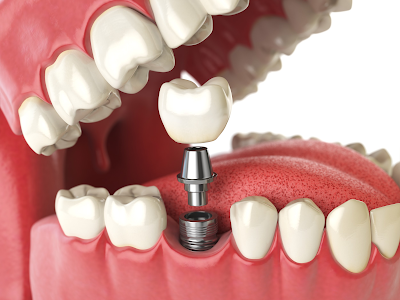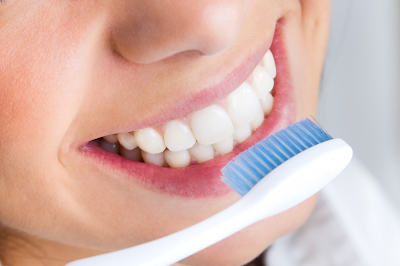What happens if you don’t fix a missing tooth
1. Malocclusion
Malocclusion describes several conditions that affect the alignment of your teeth or bite. Malocclusion bites are most often caused by missing teeth or tooth decay. If an individual has malocclusions, the symptoms can range from small tongue thrusts to speech impediments. Some patients experience pain in their jaw or difficulty chewing, swallowing and breathing.
Missing teeth is the primary cause of malocclusion. The jawbone starts to recede when one doesn't have enough teeth to hold their bite in place. As a result, the rest of the teeth move forward to find stability. The more teeth gaps one has, the more likely their face will look slightly crooked, and one may experience problems speaking clearly or pain while eating or chewing.
2. Overbite
Another condition that can result from losing teeth is an overbite. As the lower front teeth become shorter than the upper front teeth, they come together in an awkward position and make it difficult to chew or speak clearly. Bite problems can be one of the first signs of a child's developmental disorder.
3. Difficulty swallowing and breathing
Missing teeth may also cause difficulty swallowing and breathing because the tongue is forced to push against the hard surface of filling. The jointed teeth and their ability to move back and forth are an essential part of speech and swallowing.
4. Jawbone loss
Due to the lack of tooth root to stimulate the bone underneath the gap, the bone will deteriorate. In the first year of tooth loss, an individual loses more than 25% of their jawbone. Loss of jawbone leads to sunken face.
Different teeth replacement options include dental implants, dentures, and all-on-4 dental implants. Next Smile Sydney is the dental health care centre to visit if you need dental implants or any other tooth-replacement solution. Contact them for enquiries or book an appointment.




Comments
Post a Comment